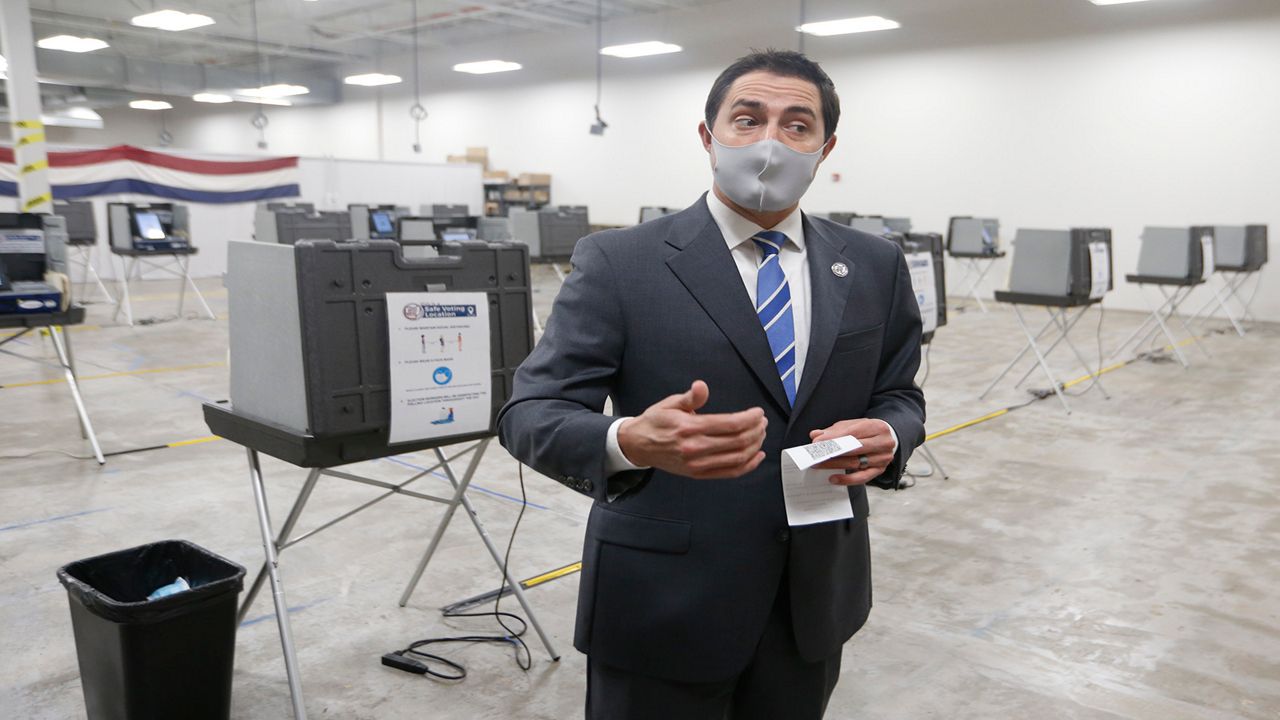COLUMBUS, Ohio — Ohio Secretary of State Frank LaRose says that it has made 62 referrals for attempted election fraud, including 27 who may have voted illegally in the 2020 general election.
Of the 62 referrals, 31 were of non-citizens who registered to vote but did not cast a ballot.
31 others may have illegally cast a ballot, including 27 who allegedly did so during the 2020 general election. Of the 27, there were 14 alleged instances of a deceased person voting, LaRose’s office said. LaRose’s office also found nine instances of someone allegedly submitting multiple ballots and four alleged votes from noncitizens.
LaRose’s office noted that the instances of illegal voting are rare, and for the 2020 general election, represented 0.0005 percent of the over 6 million votes cast.
“Here are the facts: Ohio smashed voter turnout records in 2020 while providing Ohioans a secure election,” said LaRose. “Our state is proof positive you don’t have to choose between secure or convenient elections — we have both. In Ohio, easy to vote and hard to cheat aren’t mutually exclusive. At the end of the day, these referrals are all about accountability.”
The Ohio Secretary of State’s Office said that noncitizens who register to vote were sent two notices to either cancel their registration or submit documentation that they have become a citizen.
LaRose also noted that Ohio is among six states that handle registration at the local level, which means there can be times when a voter could be briefly registered in two different counties.
“While Ohio’s voter list maintenance process has worked remarkably well to provide accurate voter rolls, there remains a short window where a voter may be registered in two different counties at the same time, allowing for an individual to break state law and cast a ballot in both counties,” LaRose’s office said.



